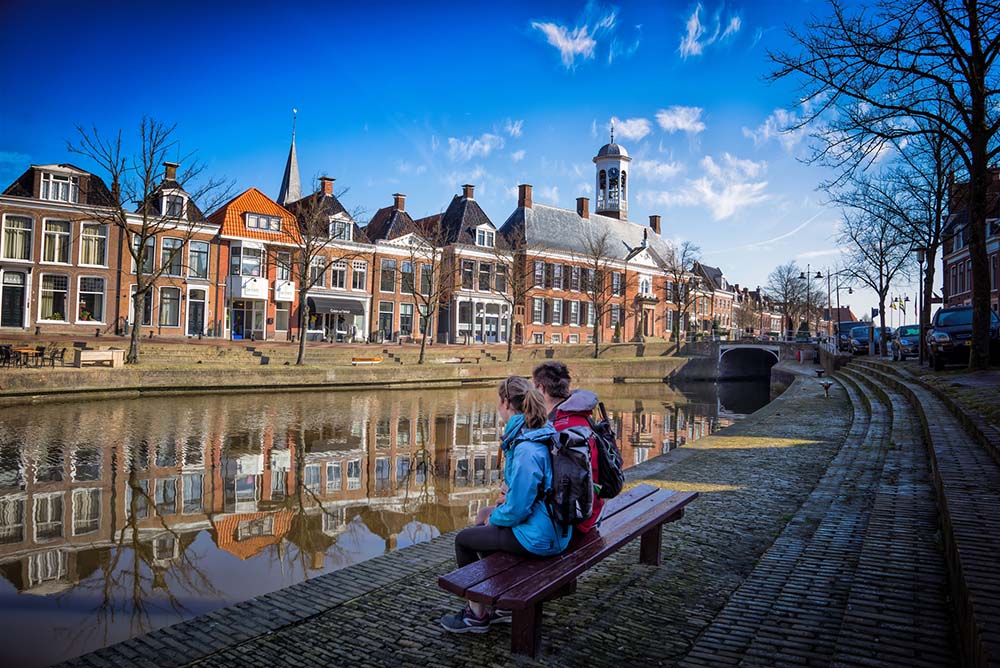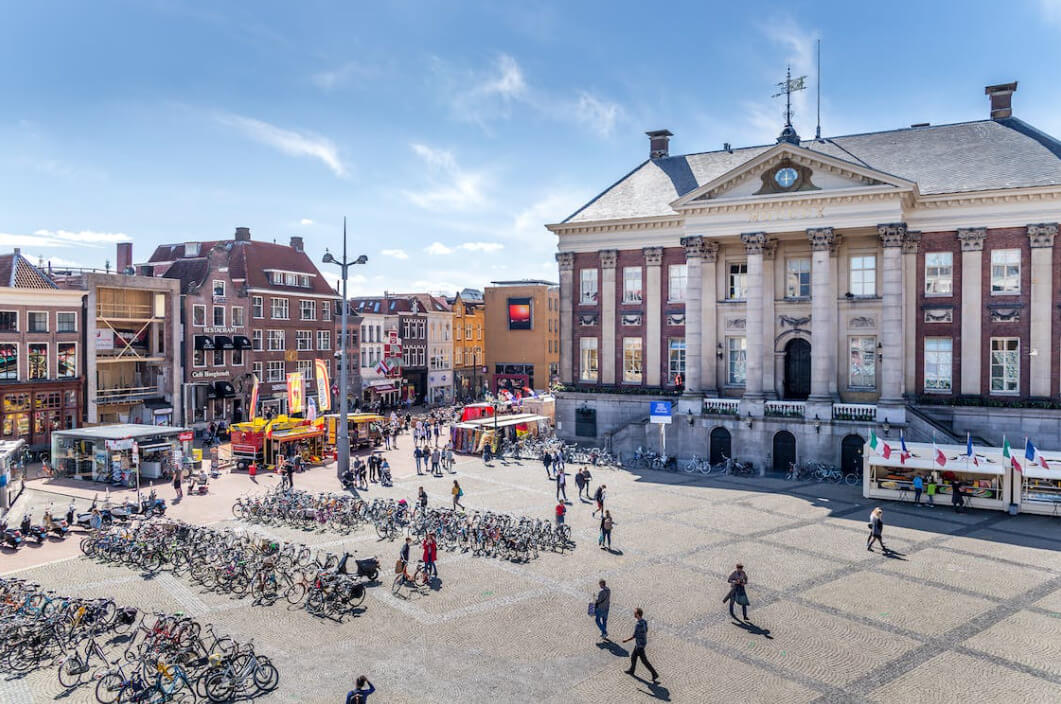
PhD position in ‘Public Economics of Housing’ (1.0 FTE)

Since its foundation in 1614, the University of Groningen has enjoyed an international reputation as a dynamic and innovative centre of higher education offering high-quality teaching and research. Belonging to the best research universities of Europe and joining forces with prestigious partner universities and networks, the University of Groningen is truly an international place of knowledge.
The Department of Economic Geography is in the Faculty of Spatial Sciences and offers an inspiring study and working environment for students and employees. International accreditation enables the Faculty to assess performance against the highest international standards. It also creates an exciting environment of continuous improvement.
The aim of our PhD programme is to deliver highly qualified researchers. For this purpose, we offer PhD positions to excellent candidates who recently graduated. The PhD programme covers four years and leads to a PhD degree. These four years are primarily spent on writing research papers for the PhD thesis and on participation in international conferences, workshops, and seminars. PhD candidates contribute up to 20% of their time to teaching, including Research (Stata) Lab tutorials and Theses Supervision. All PhD candidates are supervised by at least two supervisors who are a fellow of the research institute.
https://www.rug.nl/research/gradschool-spatial-sciences/phd-programme/admissions
The graduate school URSI has a PhD position available in the area of Real Estate & Housing.
QUEST – Quasi-natural experimental evidence on urban housing policies - examines how urban housing policies can reduce inequality. Many large cities experience how inequality and housing affordability is jeopardizing households’ wellbeing as housing prices soar, and market rents skyrocket. Waiting lists for social housing also lengthen, while social housing is a stepping stone for many and important policy instrument to alleviate inequality. This project develops models for quasi-natural experimental housing policy analysis integrating segmented markets. It examines housing choices across segments, modelling households on waiting lists before and after the introduction of a new allocation mechanism, new construction, and policies linked to levelling up with housing.






